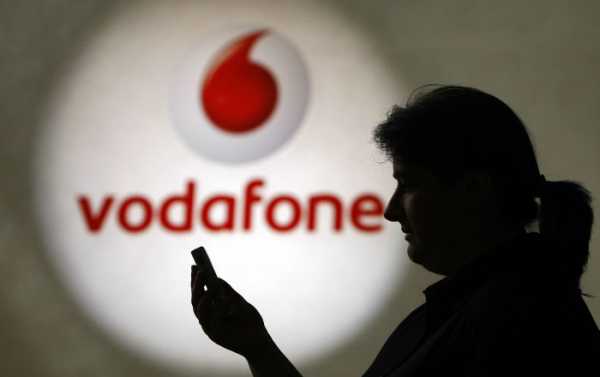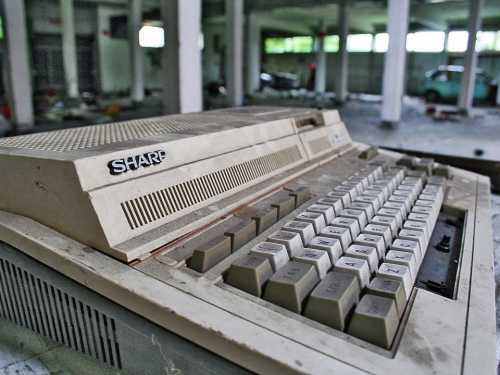
The Trump administration and some UK security officials have claimed that Huawei’s products pose a threat to national security, with Washington pressuring its allies to follow suit with restrictions against the Chinese tech giant. China says the ban is just part of US bluster on trade.
All four major UK telecom operators have pushed ahead with using Huawei components for “non-core” elements of their 5G networks, notwithstanding concerns that London may follow Washington’s lead and ban the tech company from operating in the country, The Observer has reported.
According to the newspaper, operators, including Vodafone, Three UK, EE and O2, are using Huawei components such as the radio systems used for wireless communication, with the Chinese company involved with setting up the G5 network in six of Vodafone’s seven 5G cities, and working on “hundreds” of 5G sites for EE. Huawei has also secured the contracts for Three UK and O2’s networks, which will go online at a later date.
Assembly, a London-based consulting firm, estimates that if the government were to ban Huawei from taking part in the construction of the UK’s 5G network, it would delay national 5G plans from 18 months to two years and cost the economy £4.5-6.8 billion ($5.6-$8.5 billion).
Since mid-May, when Washington banned US tech firms from doing business with Huawei, the Trump administration has placed enormous pressure on its allies to follow suit and scrap ties with the tech giant, with France, Germany, Israel and the UK all prodded to ban the company from operating in their countries. In the UK’s case, President Trump has also threatened to curb intelligence-sharing between allies unless London clamped down on the company.
Huawei has voiced readiness provide the UK and other countries with assurances that the company is not involved in espionage or linked to the Chinese government, and to sign a “no-spy, no-backdoors” commitment to that effect with Western states.
In April, Prime Minister Theresa May approved Huawei’s bid to build 5G networks, despite government fears that doing so would give the company access to the UK’s critical communications systems. A month later, then-Secretary of Defence Gavin Williamson was fired over his alleged role in the leak of confidential discussions by the National Security Council on the matter. Williamson continues to deny any involvement in the leak.
The government had originally promised to release a comprehensive review specifying whether or not Huawei would be allowed to take part in the construction of the UK’s 5G infrastructure this spring, but the document has yet to be produced.
Huawei one of just a handful of companies engaged in the creation and building of 5G technology, with Nokia, Ericsson, Samsung, ZTE and NEC similarly competing for contracts around the world.
Last week, following a meeting with Chinese President Xi Jinping in Osaka, Japan, President Trump announced that he would allow US companies to sell their equipment to Huawei if it did not threaten US national security, adding that the ban on the company would be reevaluated during ongoing trade talks. However, a US media investigation has found that the chances of Commerce Department approval of export licences to the Chinese tech giant remains slim to nonexistent.
Sourse: sputniknews.com






